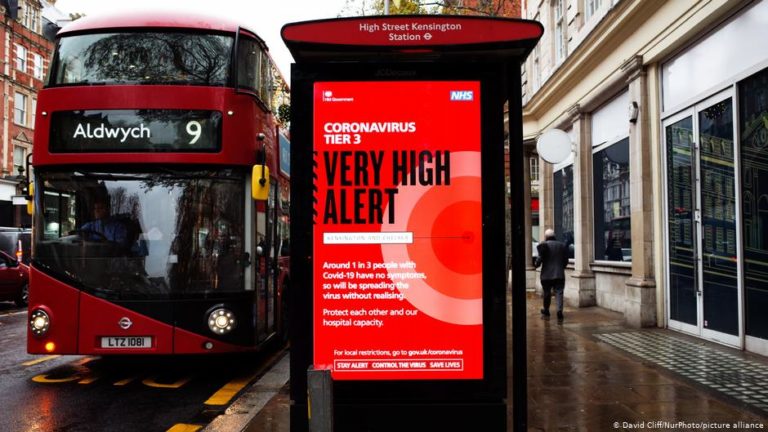German health authorities are working at high speed to gain an overview of mutations of the COVID-19 virus believed to be spreading rapidly through the population, government spokesman Steffen Seibert said in Berlin on Wednesday.
An official report on the actual spread of the variants, which are thought to be more transmissible, is expected at the start of next week.
By Tuesday, 114 cases of the variant first identified in Britain had been found in Cologne, along with 52 cases of that first discovered in South Africa, an official spokeswoman said.
Read Also: COVID-19: Pfizer Develops Booster Shot Against New Variants
German health experts believe that these mutations are more widely present. Repeated reports have come in from across the country over recent days of evidence of new variants, and health experts are cautioning against easing lockdown measures. By contrast with Britain, where the mutations are being closely watched, German officials have to date not engaged on a large scale in the genetic sequencing needed to identify the mutations.
A Health Ministry spokeswoman said on Wednesday that procedures for more intensive sequencing were being expanded, with the national disease control centre, the Robert Koch Institute, planning to publish data soon. In Britain, the B.1.1.7 mutation is now the most commonly found, whereas in autumn it was found only in isolated cases.
There are fears that the mutations are more transmissible and that some of them could evade the vaccines currently being rolled out. Referring to the E484K mutation found first in South Africa, virologist Alexander Kekule told DPA; ‘This virus evades the immune system more easily.’
Speaking on Tuesday, Chancellor Angela Merkel said: ‘The sole risk that we have at the moment is that the mutations from Britain or South Africa could negate our efforts because they are much more aggressive.’ She added: ‘Every day counts.’
Meanwhile, German Health Minister Jens Spahn on Wednesday sought to play down reports of shortages of vaccine doses, predicting that in a few months’ time residents may be able to choose which vaccine they want. Speaking during an online event hosted by the Friedrich Naumann Foundation, Spahn said the government expects vaccine deliveries to pick up significantly in the second quarter.
Then, Spahn said, the debate would shift to those who refuse to be vaccinated. ‘And what do we actually do with those who don’t want to get vaccinated? Do we then have to continue to look out for them by having everyone wear protective masks?’ he said. Earlier it was reported that the elderly were again left disappointed by an online process to get Covid-19 vaccination appointments in the state of Hesse.
The website where people aged over 80 can sign up to get the jab was not accessible on Wednesday morning. Staff operating a telephone hotline spoke of technical problems and said appointments could not currently be allocated. Hesse is a state of around 6.3 million people located in central Germany. It is home to the financial hub of Frankfurt.
The first round of registrations there was also beset with problems as the system was overwhelmed by demand. Only 60,000 vaccination appointments were handed out then and seniors and their relatives had to wait hours to register. Under Germany’s federal system of government, the country’s 16 state administrations are responsible for vaccine drives in their regions. In her televised interview on Tuesday, Merkel reiterated her pledge to offer a Covid-19 vaccine to every citizen by the end of summer.
So far, over 2.5 million Covid-19 vaccinations have been administered in Germany, according to Health Ministry data. Almost 2 million of those were the first dose, amounting to 2.4 percent of the population.
AFRICA DAILY NEWS, NEW YORK










